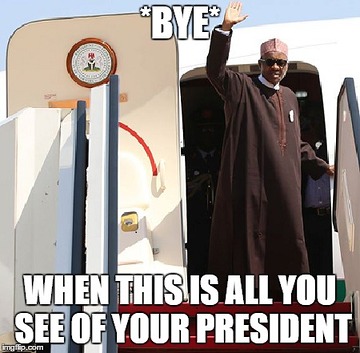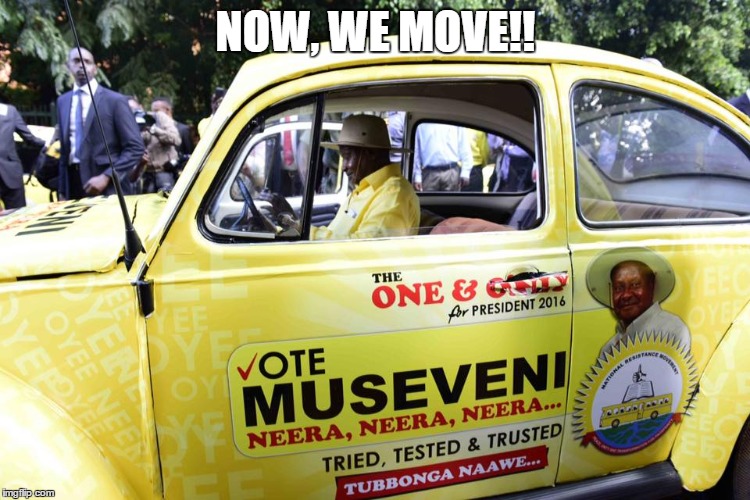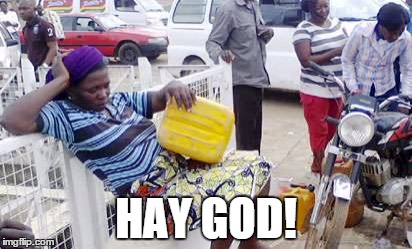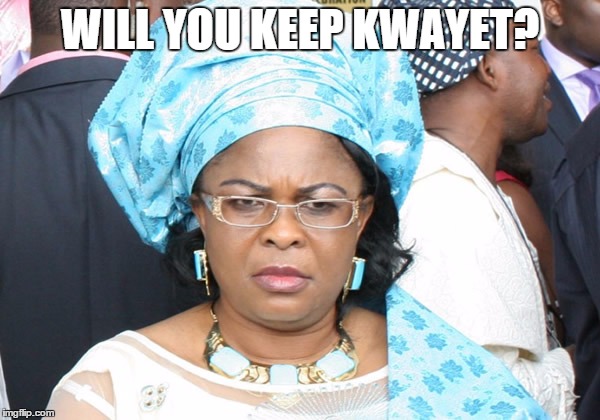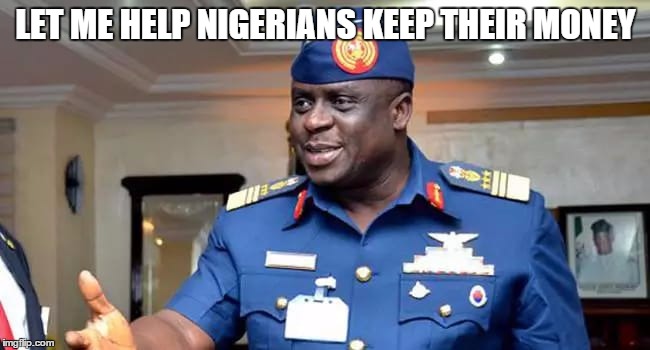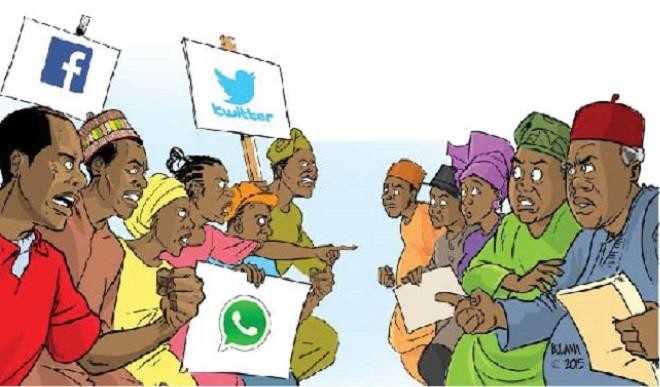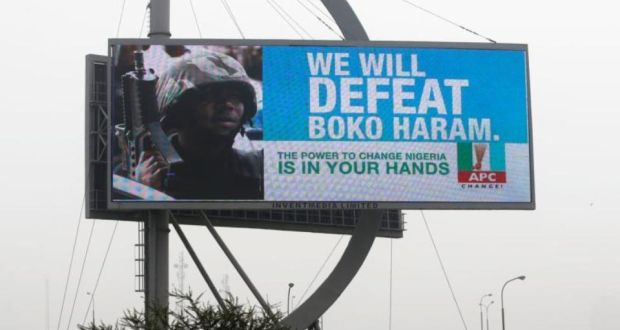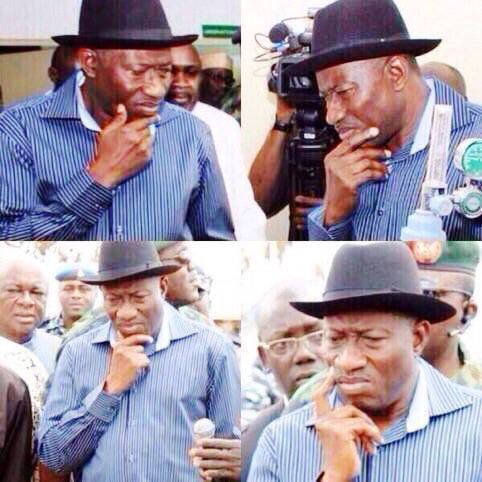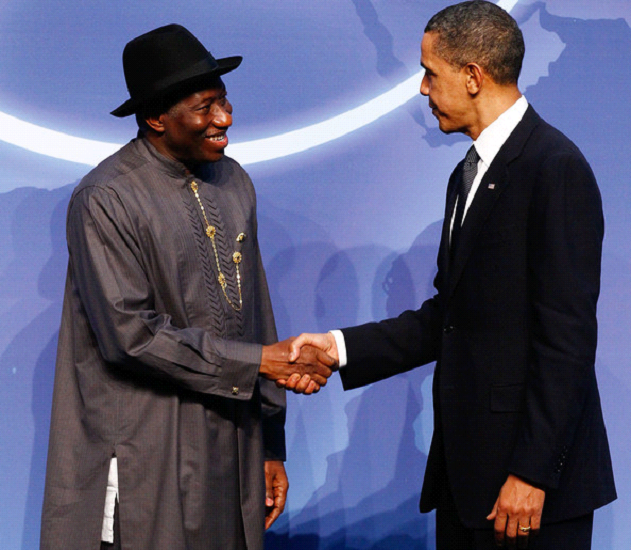Ever wondered what Nigerian political leaders get up to when they aren’t running the country? You’d be surprised to know some of them still work hard to secure the bag on the side.
From interests in agriculture to the media, we take a look at Nigeria’s past presidents and heads of state, and what they do to get their money up.
Sir Abubakar Tafawa Balewa (1960-1966)
He served as the first and only Nigerian prime minister after independence. Outside of politics, Sir Balewa was a teacher by profession. He graduated from teacher training school in 1933 and went on to teach English in Bauchi. After bagging a diploma from London University Institute of Education in 1946, Sir Balewa returned to Nigeria where he served as headmaster of Bauchi Middle School and briefly as Inspector of Schools before he entered politics.
Nnamdi Azikiwe (1963-1966)
Nnamdi was Nigeria’s first president. Before politics, Azikiwe was fully involved in publishing. In 1934, he launched his own nationalist newspaper in the Gold Coast (now Ghana). He returned to Nigeria in 1937 and launched the Western Pilot, a newspaper dedicated to fighting for independence from British colonial rule.
Major General Aguiyi Ironsi (January 16, 1966 – July 29, 1966)
He became the first Nigerian head of state after the 1966 coup led by Major Emmanuel Arinze Ifeajuna and Major Chukuwemeka Kaduna Nzeogwu. Ironsi didn’t have many interests outside the military, having joined the Nigerian army at 18 in 1942. He remained in the army until his assassination on July 29, 1966.
General Yakubu Gowon (1966-1975)
He succeeded Major General Agunyi Ironsi as Nigeria’s Head of State. After his time in office, the general has been mostly involved in peacekeeping and academic activities, including founding the Yakubu Gowon Centre, focused on peace and conflict resolution.
General Murtala Muhammed (1975-1976)
General Muhammed served as head of state after leading a counter-coup that ousted General Agunyi Ironsi. Muhammed was primarily a military officer and didn’t engage in notable business activities outside his military and governmental roles.
General Olusegun Obasanjo (1976-1979, 1999-2007)
Obasanjo took over as Nigeria’s military head of state after General Murtala Muhammed’s assassination in 1976 and returned as a democratically elected president in 1999. When he’s not working to make Nigeria a better place, the elder statesman is a farmer and agricultural entrepreneur. He launched Obasanjo Farms in October 1979 after handing over
power to a civilian administration. Obasanjo also owns Bells University of Technology, Nigeria’s first private university of technology, which commenced operations in 2005.
Shehu Shagari (1979-1983)
Shehu Shagari was the first democratically elected president after then military head of state, Olusegun Obasanjo, transferred power to a civilian government. Outside politics and his administrative roles in government, Shagari was a trained teacher who taught at several schools, including Sokoto Middle School and the Teacher Training College in Zaria. He kept a relatively quiet life after his presidency and didn’t engage in notable business ventures.
Muhammadu Buhari (1983-1985, 2015-2023)
Buhari became Nigeria’s military head of state after the coup that toppled Shehu Shagari’s government in 1983. He returned as a democratically elected president in 2015. Although primarily known for his military and political career, Buhari has some interests in agriculture. He owns a modest cattle farm in Daura, his hometown. The former president has always been vocal about continuing to engage in farming activities after his retirement from office.
General Ibrahim Babangida (1985-1993)
Babangida served as Nigeria’s military head of state between 1985 and 1993. In 2006 and 2010, Babangida tried to make a comeback as Nigeria’s president, announcing his intention to contest in the 2007 and 2011 presidential elections but withdrew his candidacy on both occasions. Not much is known about his dealings outside of politics, but he’s rumoured to have various business interests, primarily in real estate and oil services.
Ernest Shonekan (August 1993-November 1993)
Ernest Shonekan was Nigeria’s interim president after the annulment of the June 12, 1993 presidential elections. He served as head of state for 83 days. Before politics, Shonekan, a University of London and Harvard Business School alumnus, worked in the private sector. He rose through the ranks at the United African Company (UAC)—a company involved in manufacturing, logistics and warehousing, agriculture, and real estate—to become chairman and chief executive officer. Shonekan returned to the corporate world after he was ousted from power by General Sani Abacha. He launched the Nigerian Economic Summit Group in 1993, creating opportunities for private sector leaders and senior public sector officials to discuss and dialogue on the future of the Nigerian economy.
General Sani Abacha (1993-1998)
He succeeded Nigeria’s interim president, Ernest Shonekan, after carrying out what would become Nigeria’s last successful coup d’état. General Abacha was mostly a career military officer who didn’t have major business interests outside the military.
General Abdulsalami Abubakar (1998-1999)
General Abubakar became Nigeria’s head of state after the death of General Sani Abacha in 1998. Like others on this list, Abubakar mostly focused on his military career. Post-military, the retired general has been involved in many peace and mediation efforts but has no major known business ventures. He was once rumoured to be the owner of The Integrated Energy Distribution & Marketing Limited, a company that won the bidding for four distribution companies (DISCOs) in 2012.
Umaru Musa Yar’Adua (2007-2010)
Late Yar’Adua succeeded former president Olusegun Obasanjo after winning the presidential elections in 2007. Before he ventured into politics, his primary interests were in education and agriculture. He lectured at the College of Arts, Science, and Technology in Zaria, Kaduna State, and worked as the general manager of Sambo Farms Ltd. in Funtua, Katsina state.
Goodluck Jonathan (2010-2015)
Former president Goodluck Jonathan was the first president from the South-South region in Nigeria. He was primarily involved in academia, working as an education inspector and lecturer before he ventured into politics in 1998. Since he retired from the presidency in 2015, Jonathan has continued to pursue his interest in education and peacekeeping activities. In 2019, he was appointed as the honorary special advisor to the Bayelsa Education Trust Fund board. The ex-president is also rumoured to own Ebele Integrated Farms, which focuses mainly on fish farming.
Bola Tinubu (2023-present)
President Bola Tinubu, former governor of Lagos State between 1999 and 2007, was elected president in 2023. Although he’s mostly known for his strong involvement in the country’s politics, Tinubu has other business interests. Before he ventured into politics, the president, who has a degree in Business Administration, worked with top firms like Deloitte, Mobil, and Primerose Group. He owns media organisations like Television Continental (TVC) and The Nation, and is rumoured to have huge stakes in real estate and energy companies.




